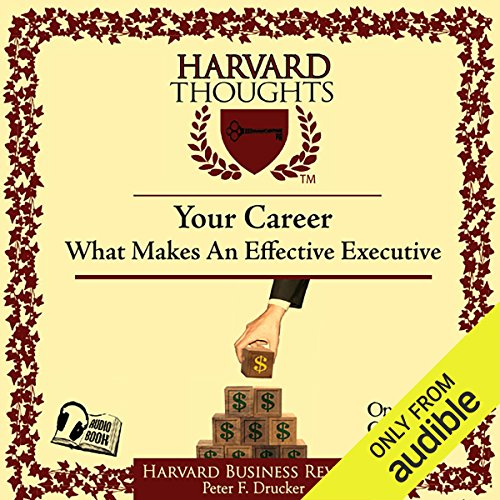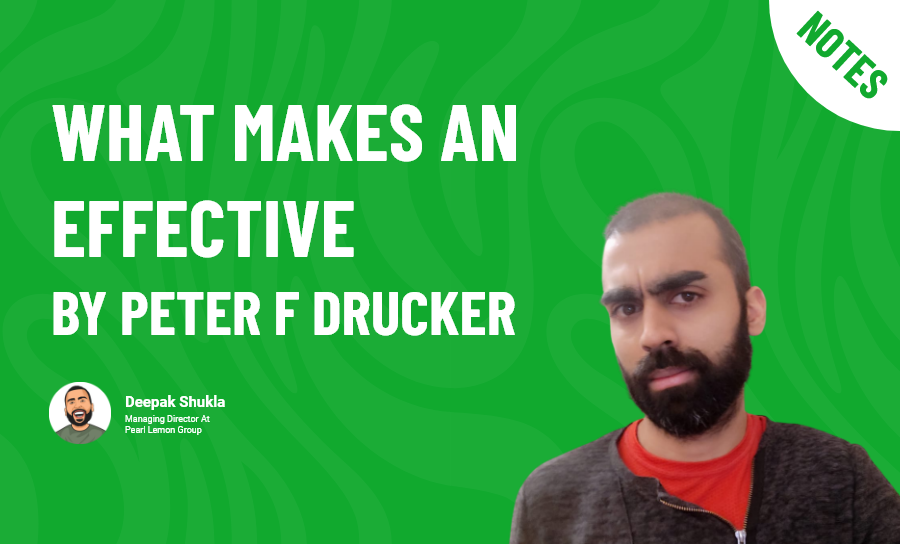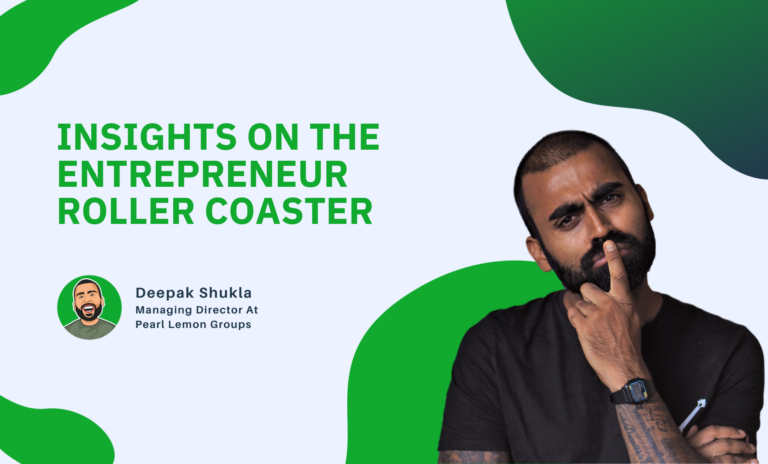
Click this link to purchase from Amazon
Click this link to purchase from Audible

Deepak Shukla’s Notes What Makes an Effective by Peter F Drucker:
Hey guys,
I finished reading this book on the 10th January 2021.
Here’s a synopsis of the book I grabbed from Amazon:
“Great managers may be charismatic or dull, generous or tightfisted, visionary or numbers-oriented. But every effective executive follows eight simple practices.” -Peter F. Drucker
An effective executive does not need to be a leader in the sense that the term is now most commonly used. Harry Truman did not have one ounce of charisma, for example, yet he was among the most effective chief executives in U.S. history. Similarly, some of the best business and nonprofit CEOs Drucker has worked with over his 65-year consulting career were not stereotypical leaders. They were all over the map in terms of their personalities, attitudes, values, strengths, and weaknesses. They ranged from extroverted to nearly reclusive, from easygoing to controlling, from generous to parsimonious.”
And here are my actual notes I took whilst I was listening to this on Audible:
- Listen first. Speak last
- Think and say we. Not I
- End of meeting sum up and adjourn
- Good follow up as important as meeting
- Listen take notes to specify outcomes assign tasks deadlines and all
- And then accountability person
[convertful id=”197358″]
- Minimise meetings as much as possible
- Meetings should never run over
- Meetings should focus on agenda and nothing else
- Must make meetings productive. Even WhatsApp back and forth more than 60 second voice notes exchanged are meetings
- Problems should never overwhelm opportunities
- Innovation in a product or process
- A gap between what is and what could be is huge for opportunities
- Focus more on opportunities and less on problem-solving
- Treat change as an opportunity and not a threat
- Flow of info is two ways from bottom to top and top and bottom
- Get feedback from peers information needs
- Making good decisions is crucial
- Decisions are made at every level of the organisation
- Action plan is the basis for time spent
- Executive are Do’ers
- Is this the right thing for the enterprise is different from is this right thing for me?
- Only focus on tasks you are strongest at
- Jack Welch read his autobiography
- Once that task is done he resets priorities. What needs to be done now?
- Pick 1 task and do it. No effective executive I know does otherwise
- Thought ‘we’ rather than ‘I’
- Took action plans
- Many amazing leaders had reclusive personalities
- Not charisma or any specific personality trait
- Instead, they asked – what needs to be done
- They asked what’s right for the enterprise



